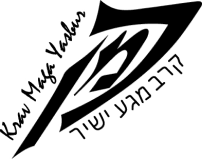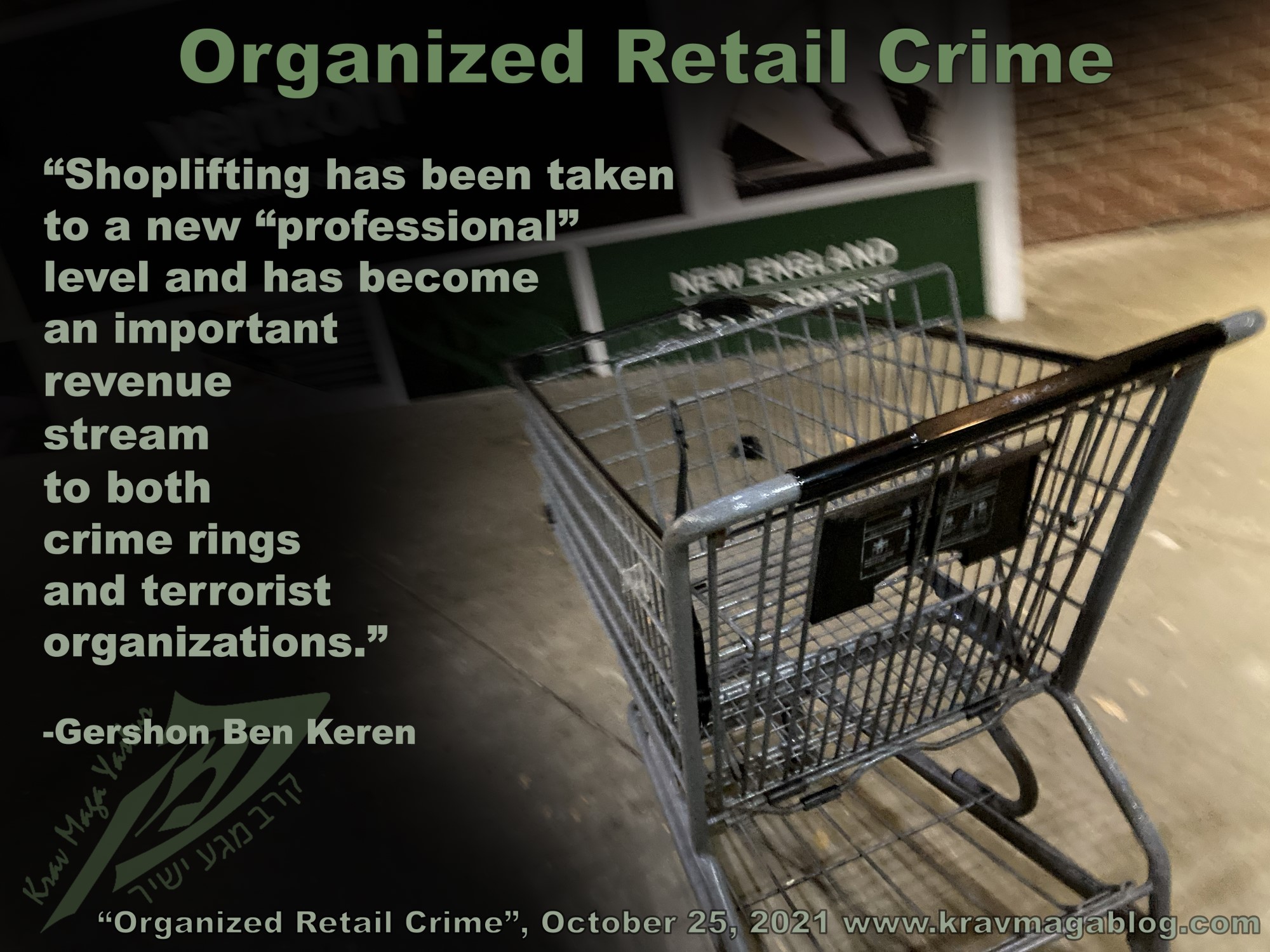Organized Retail Crime (ORC), can affect our safety both from an individual and public perspective. If you have ever bought cheap goods online from an individual seller on an ecommerce site there is a good chance that some of them might have been stolen, as a part of ORC. Historically, Criminologists have tended to study the act of theft with little focus on how these goods are resold, however with the explosion of online selling where products can be sold anonymously, this has started to change. Where an individual shoplifter used to be geographically restricted in the sale of the goods, and so had to deal with a limited market size, with the advent of online selling their market size is potentially unlimited. Because of this ability to sell to anyone, shoplifting has been taken to a new “professional” level and has become an important revenue stream to both crime rings and terrorist organizations. After the economic crash of 2008 and the loss of income from its legitimate enterprise, Al Qaeda started to depend more on ORC for its funding – and this is true of many other terrorist groups e.g., the IRA always relied on the smuggling and reselling of cheaply imported cigarettes and gasoline from the Republic of Ireland to the North as a means of funding its operations. To get an idea of the impact that ORC can have, Walgreens recently announced it would be closing five branches in San Francisco as a direct result of Organized Retail Crime, and branches of Target in the city have reduced store hours as a result of it, as well. With supply chain shortages due to the COVID-19 pandemic, theft on the scale that Organized Retail Crime is capable of, means that the shortage of goods from legitimate channels is shrinking even more, directly affecting individuals by limiting available products and raising prices. As stores are forced to raise their prices, this can push more consumers to buy cheaper stolen goods online, exacerbating the issue. This is just one of the ways that we are affected by ORC.
Legitimate businesses have a legal responsibility to store their products in a safe environment, and respect things such as expiry dates. Illegitimate operations have no such restrictions on what they do with their goods, and can keep them in conditions/locations that may be too hot or too cold for safe storage etc. Aside from the obvious dangers this poses to food items, other goods that are also affected by sub-par storage include makeup, perfume, and aftershave; some of the items most commonly stolen and resold online. Hot products that consistently fall within the “top ten” stolen goods in the Centre for Retail Research’s list, are vitamins and pregnancy tests, with baby formula also being high up in the rankings. These are all goods that are directly affected by the way that they are stored, however consumers are unlikely to be aware of such issues when they receive the product. To increase the value of a stolen good, a crime ring may repackage the item to make it look like a more expensive brand. This is common with items such as baby formula, where a store brand formula, may be re-packaged as a name brand one; and may also be cut with powdered milk. Couple this with the fact that the expiration date may also have passed, and the product stored incorrectly, and it can be seen that the consumer/buyer could be receiving a potentially dangerous product. When thinking about making an online purchase from an “individual” seller it is worth considering if the type of product you are buying could be one that is repackaged easily, or could be affected by sub-optimal storage and expiration dates etc.
Before looking at the link between ORC and terrorist groups, it is worth taking a look at what is meant by “Organized Crime”. We traditionally think of criminal organizations in terms of the Mafia or Yakuza, where there is a direct hierarchical leadership structure, and formal membership etc. Whilst such organizations do exist, many criminal groups/gangs, operate on much less formal lines based on loose social relationships, interacting with each other when a crime takes place e.g., a professional shoplifter may know a fence who gives a good price for batteries (another item that is commonly stolen and resold online – and that may have a certain shelf life), who is a member of a more formal organization etc. Al-Qaeda, is a good example how a once centrally, and tightly knit, organization with clear lines of control from its leadership has decentralized and become a much looser outfit, losing some of its control of both power and financing. Once the US focused its attention on destroying Al-Qaeda it started to become much more dynamic organization, losing its hierarchical structure and becoming a collection of loosely connected networks, not just an organizer of acts of terrorism but also a sponsor for those who wanted to commit atrocities using its name etc. The same is also true to a certain extent of Hezbollah and the Taliban. This is an important factor to bear in mind when we consider the link between ORC and terrorist groups i.e., it is not so much that Abu Ibrahim al-Hashimi al-Qurashi, the current leader of ISIS is ordering his members to go down to Walmart and steal goods to resell, but rather that a local group that has ties to ISIS, is engaging in theft to support an operation within their own locale. This is not to say that some terrorist organizations aren’t directly involved in such activities. In the UK the Tamil Tigers set up a very organized operation, skimming credit card information at independently run petrol stations.
This article is not intended to dissuade anyone from internet shopping but rather for us all to take a moment and consider when we do make purchases who and where we buy it from, as unfortunately much of ecommerce lacks the means to identify the quality of the goods third-party sellers offer, and who they really are. It is worth noting that studies show that online classified ads are still the preferred means that ORC groups use (around 44%), with ecommerce sites being the next largest channel (23%), followed by social media sites, which account for the rest. Organized Retail Crime, takes many forms, including counterfeiting and cargo theft etc., but ultimately the goods that are illegally acquired must be sold to consumers, and usually online. When we look at the links to terrorism, and human trafficking, that ORC has, we should be playing our part to reduce its impact.
Share:

Gershon Ben Keren
2.8K FollowersGershon Ben Keren, is a criminologist, security consultant and Krav Maga Instructor (5th Degree Black Belt) who completed his instructor training in Israel. He has written three books on Krav Maga and was a 2010 inductee into the Museum of Israeli Martial Arts.
Click here to learn more.

